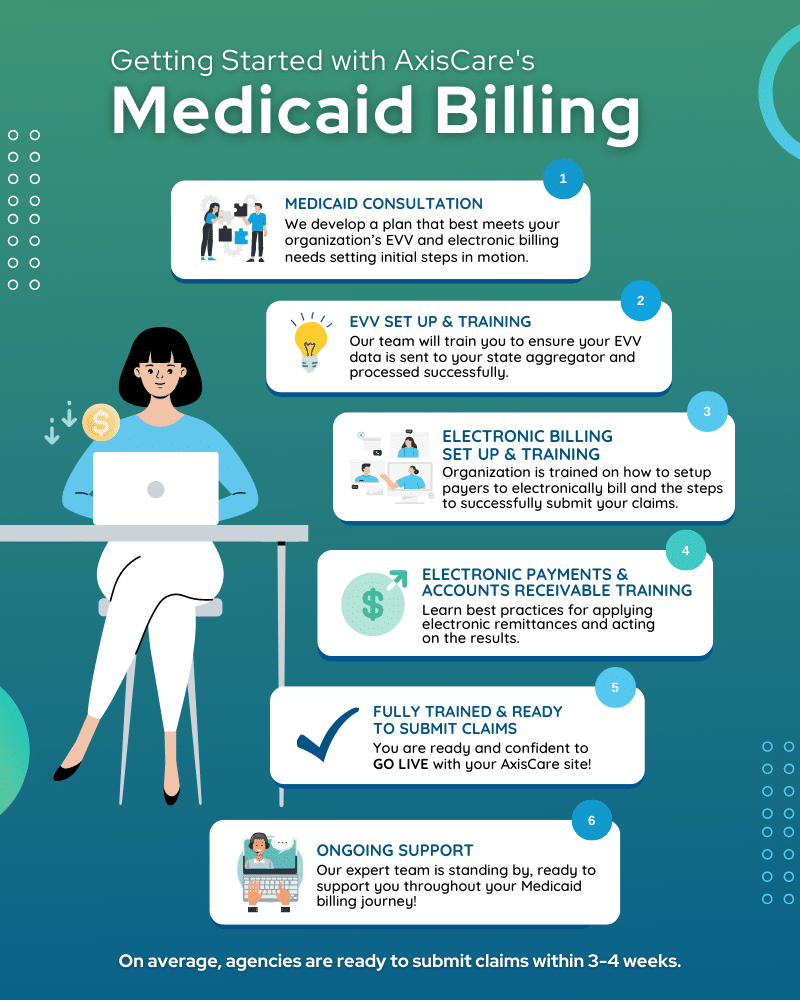Health Insurance Portability and Accountability (HIPAA)
The Health Insurance Portability and Accountability Act (HIPAA) is a federal law that was enacted in the United States in 1996. It was designed to provide privacy standards to protect patients’ medical records and other health information provided to health plans, doctors, hospitals, and other health care providers.
Importance of HIPAA in Home Care
HIPAA plays a crucial role in home care for several reasons:
Patient Privacy: HIPAA protects the privacy of individuals’ health information while allowing needed information to be released in certain cases, such as public health and for patient care coordination.
Security of Health Information: HIPAA has provisions that mandate the protection and confidential handling of protected health information.
Patient Rights: HIPAA provides patients with rights over their health information, including rights to examine and obtain a copy of their health records, and to request corrections.
How Does HIPAA Protect Patient Information?
HIPAA protects patient information by:
Limiting Use and Disclosure: HIPAA sets limits on the use and disclosure of individuals’ health information.
Safeguards: HIPAA requires appropriate safeguards to protect the privacy of personal health information.
Patient Access: HIPAA gives patients the right to look at or get copies of their medical records.
Accountability: Penalties are provided for violations of patient privacy through civil and criminal penalties.





